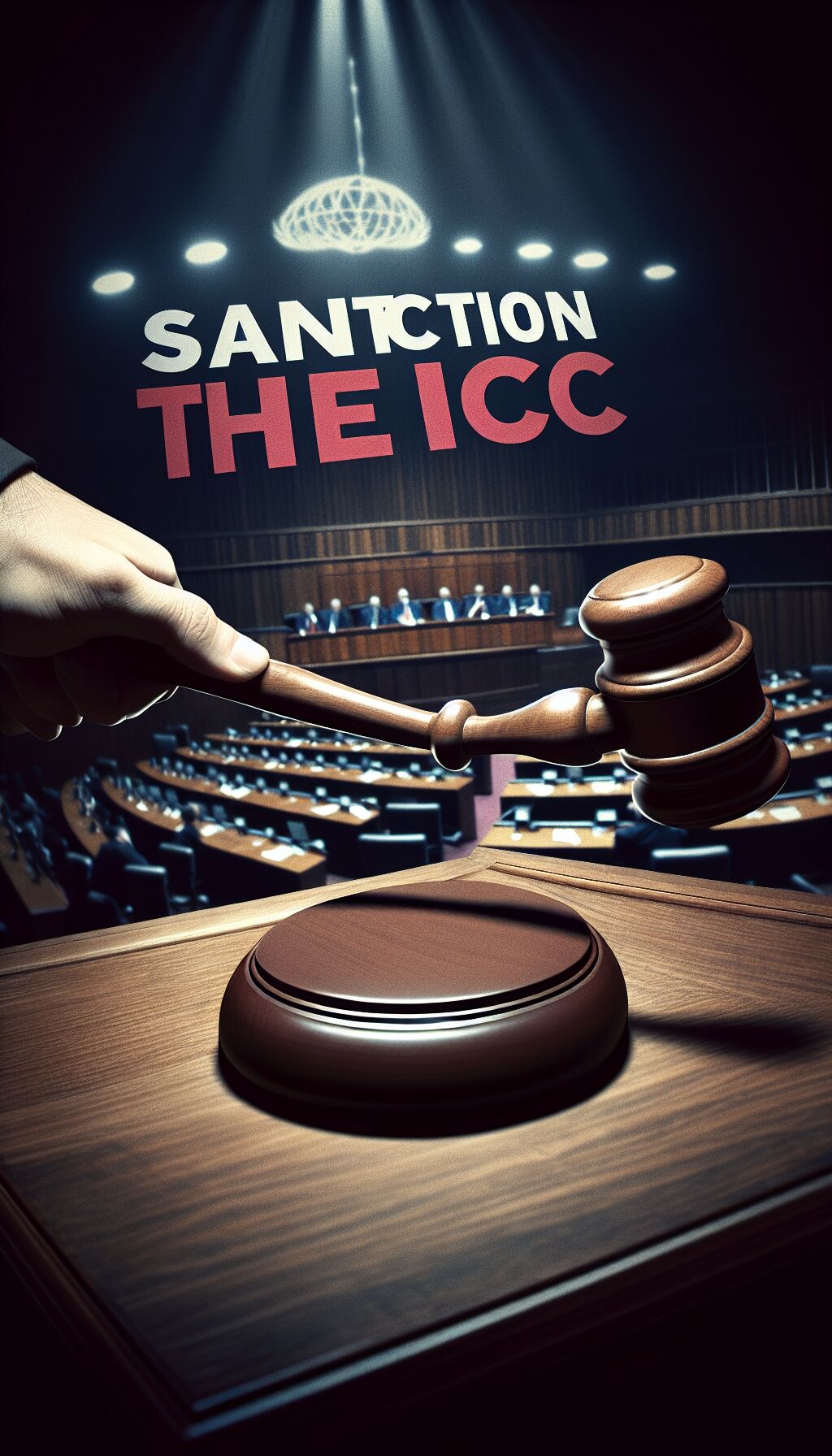House Moves to Sanction the ICC Over Netanyahu Arrest Warrant
The U.S. House of Representatives is set to pass legislation on Thursday aimed at sanctioning the International Criminal Court (ICC) in response to an arrest warrant issued for Israeli Prime Minister Benjamin Netanyahu. This initiative marks one of the first actions of the newly convened Congress and reflects the heightened tensions surrounding U.S.-Israel relations.
Legislation Progressing to the Senate
Following its anticipated passage in the House, the bill will advance to the Senate. Republican Majority Leader John Thune of South Dakota has expressed his commitment to expedite a vote so that the legislation can reach President-elect Donald Trump before he assumes office.
Bipartisan Support Despite Presidential Opposition
Historically, the bill has seen surprising bipartisan support. In June, during the last vote, 42 Democrats joined their Republican counterparts in favor of the sanctions, despite opposition from President Joe Biden’s administration. The contrasting priorities within the government highlight divisions not just between parties, but also within them.
Critical Voices from Within Congress
Not everyone in Congress is on board with the sanctions. Representative Thomas Massie, a Kentucky Republican known for his libertarian views, has publicly questioned the urgency placed on this legislation so early in the congressional term. He expressed his disbelief on social media, arguing that the U.S. should not lend legitimacy to decisions made by the ICC, a body he perceives as foreign interference.
Massie’s concerns raise a pertinent question: Why have sanctions against the ICC become a priority in the new Congress when domestic issues cry out for attention?
Context of the Arrest Warrants
The warrant for Netanyahu and his former Defense Minister, Yoav Gallant, was requested by ICC prosecutor Karim Khan on May 20. The ICC’s move marks a historical first, as it represents the court’s willingness to seek arrests for officials from Western-allied nations. This unprecedented action also extended to leaders from Hamas, although it is crucial to note that the latter three figures have already been killed in combat.
The ICC’s Findings
In November, the ICC judges granted the warrants, asserting that Netanyahu and Gallant engaged in various war crimes, including the use of starvation as a method of warfare. The court characterized their actions as direct participation in a campaign of murder, persecution, and other inhumane acts directed against civilians.
Vocal Opposition to the ICC’s Authority
The bill’s sponsors, Texas Reps. Chip Roy and Brian Mast, have been particularly vocal against the ICC. Roy described the tribunal as “illegitimate,” arguing that it has no right to interfere with U.S. sovereignty or that of its allies. Mast also weighed in, claiming that the ICC’s actions only serve to prolong conflict and embolden Hamas.
The Broader Implications of the Legislation
The proposed “Illegitimate Court Counteraction Act” would impose sanctions on any foreign individual involved in investigating, arresting, detaining, or prosecuting U.S. citizens or those from allied nations. The legislation encompasses 32 NATO countries and 19 significant non-NATO states, including Israel.
In addition to sanctions, the bill also aims to recover funds previously allocated to the ICC and prevent future U.S. contributions to the court. It represents a significant pushback against perceived threats to U.S. sovereignty and foreign policy.
Senate’s Role in the Legislative Process
In the Senate, the legislation is being championed by Senator Tom Cotton of Arkansas, who has introduced companion legislation. Previously, when the House passed similar legislation under the last Congress, then-Majority Leader Chuck Schumer, a Democrat from New York, opted not to bring it to a vote in the Senate. With Republicans now in control, Thune aims to avoid this fate and ensure swift progress to the president’s desk.
The Impact of International Relations on Domestic Policy
As Congress lays the groundwork for the upcoming legislative session, the tension between American foreign policy objectives and domestic legislative priorities will continue to shape the discourse. Trump’s upcoming inauguration adds another layer of complexity, particularly as he has publicly stated that he expects resolutions to the ongoing conflict between Israel and Hamas before taking office.
Conclusion
The impending passage of the legislation to sanction the ICC underscores the intersection of international law, diplomacy, and U.S. sovereignty. As tensions between the U.S. and international bodies like the ICC escalate, Congress finds itself at a crossroads, with members grappling over accountability, legitimacy, and the future course of U.S. foreign policy. The unfolding developments will resonate not just within American borders but will also echo through international relations for years to come.
